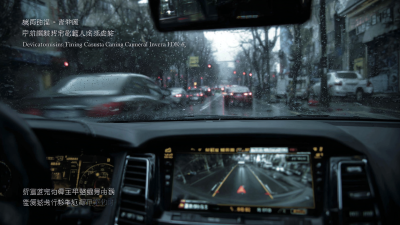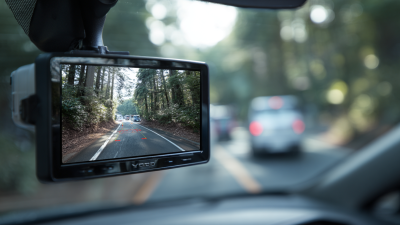As vehicle technology continues to advance, the importance of safety features such as a
Wireless Car Backup Camera System has become increasingly evident.
According to a recent study by the National Highway Traffic Safety Administration (NHTSA),
backover accidents result in approximately 300 fatalities and 18,000 injuries annually in the United States.
With the integration of wireless technology, these camera systems enhance driver awareness by providing a clear view of
the area behind the vehicle, significantly reducing blind spots.
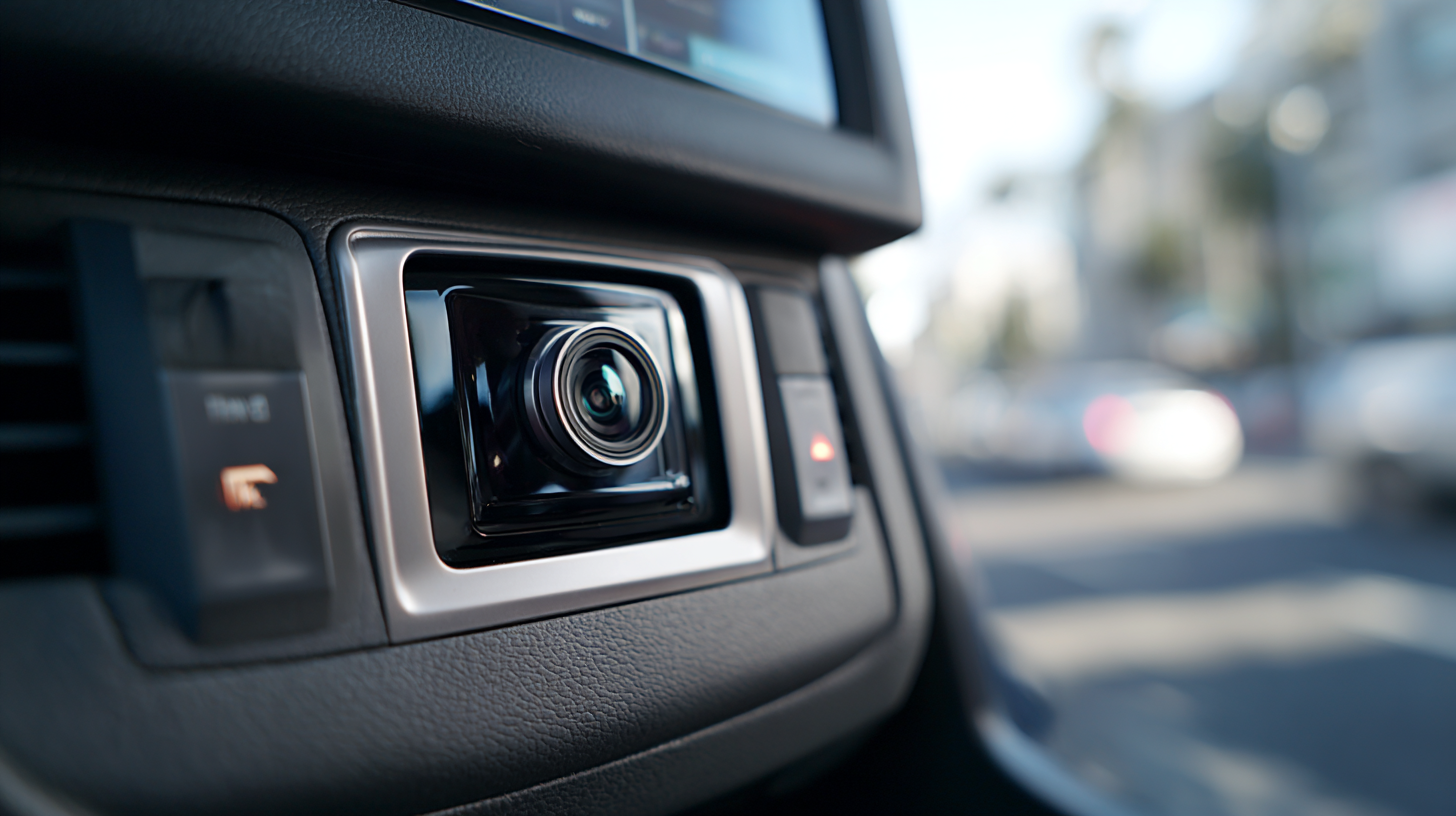
When considering a wireless car backup camera system, it's essential to first understand your vehicle's requirements. With the recent federal mandate requiring all new cars in the U.S. to be equipped with backup cameras, vehicle owners now have a wider selection of options available, regardless of their car's price range. This requirement, which took effect for vehicles under 10,000 pounds, aims to enhance safety by reducing blind spots and helping drivers avoid accidents while reversing.
In evaluating the best backup camera system, consider the compatibility of the camera with your vehicle's specific make and model. Look into systems that are easy to install and integrate seamlessly with your car's existing infrastructure. Data shows that nearly 96% of vehicles were equipped with backup cameras by the 2020 model year, underscoring their importance in modern automotive safety. Moreover, ongoing recalls related to rearview camera issues serve as a reminder of the necessity for reliable equipment. Ensuring that the chosen system meets safety standards and functions effectively can make a significant difference in everyday driving experiences.
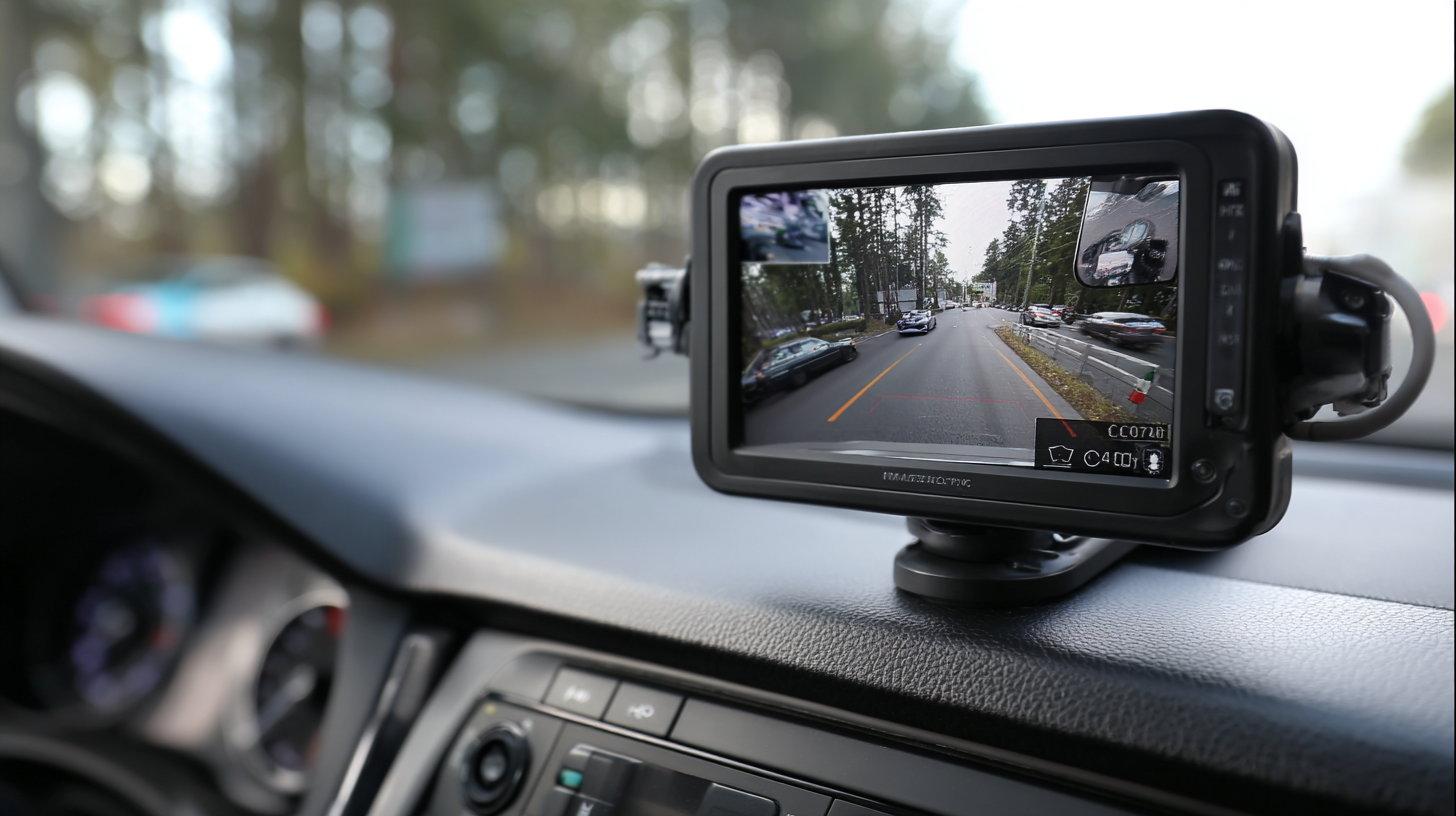
When selecting a wireless car backup camera system, several key features should be prioritized to ensure optimal safety and convenience. First and foremost, image quality is crucial; aim for a system that offers at least 720p resolution. This clarity allows for better visibility of obstacles, pedestrians, and other vehicles during reversing maneuvers. Additionally, a wide-angle lens can significantly enhance the field of vision, enabling drivers to have a more comprehensive view of their surroundings.
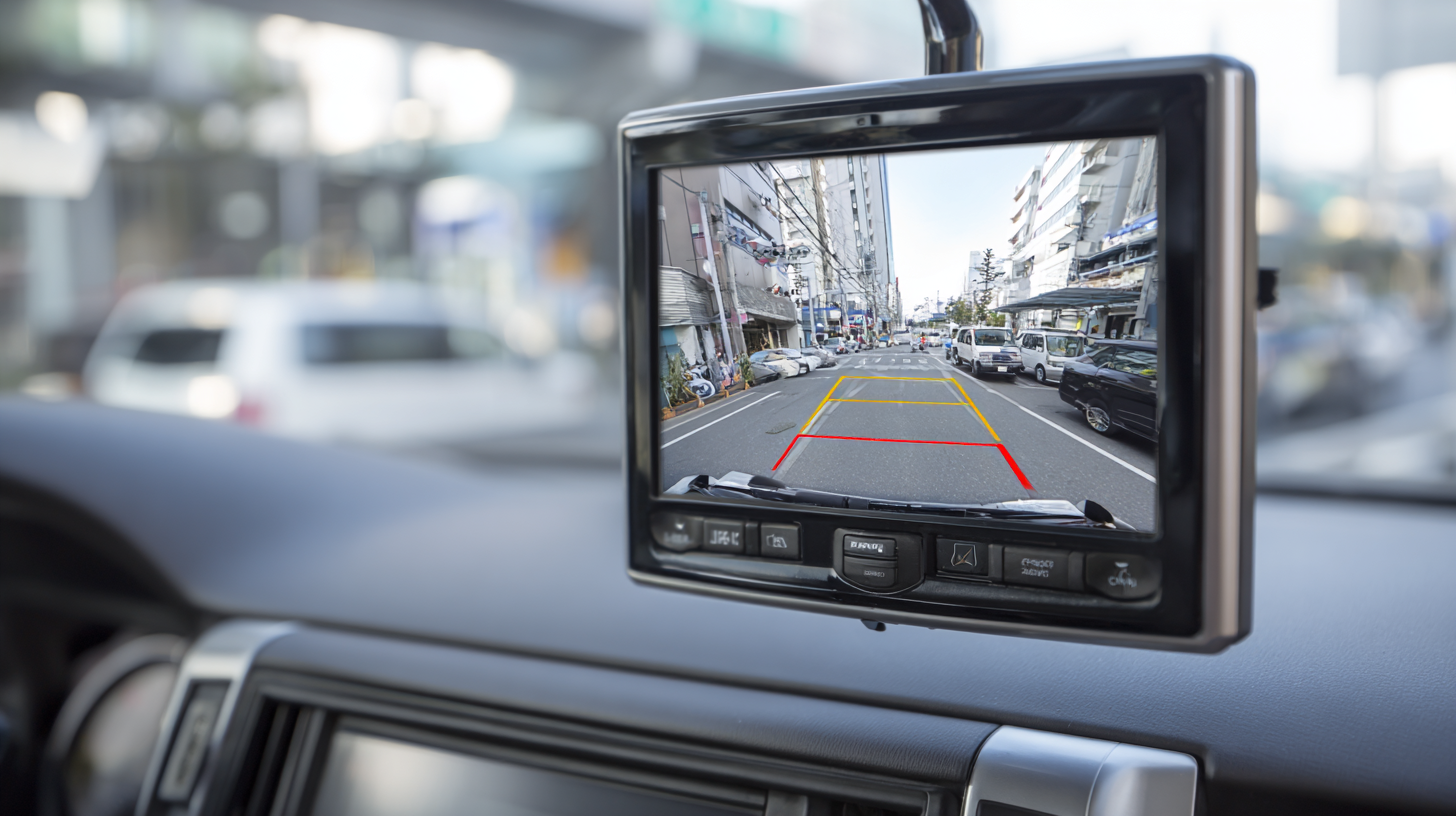
Another vital aspect is the camera's durability and weather resistance. Since the camera will be exposed to various environmental conditions, it's essential to choose a model that is designed to withstand rain, dust, and extreme temperatures. Furthermore, consider systems with infrared night vision capabilities, allowing for clear images even in low-light situations. Lastly, ease of installation and a reliable wireless signal are critical components; a system that requires minimal tools and offers a stable connection will save time and enhance user experience. Evaluating these features will help you make an informed decision when selecting the best wireless car backup camera for your vehicle.
When selecting the best wireless car backup camera system, it’s essential to understand the different types available on the market. Wireless backup cameras typically fall into two primary categories: integrated systems and standalone units. Integrated systems often come as part of a car's infotainment setup, allowing seamless connectivity and functionality, while standalone units can be attached to any vehicle, offering flexibility and ease of installation. According to a recent industry report, the wireless backup camera market is projected to grow by 12% annually, reflecting the increasing consumer demand for enhanced safety features in vehicles.
In addition to type, resolution and field of view are critical factors to consider. Most modern wireless cameras offer resolutions that can reach up to 1080p, which provides clearer images during reversing. A report by the National Highway Traffic Safety Administration (NHTSA) highlights that backup cameras can reduce the risk of accidents by nearly 30%, making high-resolution options a valuable investment. Furthermore, a wider field of view—preferably around 170 degrees—allows for better visibility of blind spots, significantly improving overall safety. Thus, evaluating these features against your driving needs can help you choose the most effective wireless backup camera system for your vehicle.
| Camera Type | Resolution | Field of View | Night Vision | Wireless Range | Price Range |
|---|---|---|---|---|---|
| Standard Wireless | 720p | 120° | Yes | 30 ft | $50 - $100 |
| HD Wireless | 1080p | 150° | Yes | 50 ft | $100 - $150 |
| Premium Wireless | 4MP | 180° | Yes | 100 ft | $150 - $250 |
| Low-Light Vision | 720p | 130° | Enhanced | 40 ft | $70 - $120 |
| Wireless with Monitor | 1080p | 140° | Yes | 75 ft | $120 - $200 |
When selecting a wireless car backup camera system, it is essential to evaluate the installation and maintenance needs specific to your vehicle. First, consider the complexity of the installation process. Some systems may require professional installation due to intricate wiring or vehicle-specific adaptations, while others are designed for a straightforward, DIY setup. A user-friendly system that can be mounted easily and connects wirelessly will save time and effort. Check whether the camera needs a power source and how it integrates with your existing vehicle features, such as the infotainment system or rearview mirrors.
Maintenance is another critical factor to consider, as it affects the longevity and performance of the backup camera. Look for features that ensure the camera remains clear and functional, such as weatherproofing and easy-to-clean lenses. Regular checks for connectivity issues and software updates are also crucial to ensure optimal performance. Choosing a model with good customer support and warranty can greatly ease any maintenance concerns, providing peace of mind and enhancing the overall longevity of your backup camera system.
When selecting the best wireless car backup camera system, assessing your budget and ensuring value for money is crucial. According to a recent report by MarketsandMarkets, the global automotive camera market is expected to grow at a CAGR of 9.8%, reaching USD 9.5 billion by 2025. This upward trend highlights the increasing demand for safety features in vehicles, driving manufacturers to innovate and offer various backup camera systems at different price points.
A budget-friendly system can vary from as low as $50 to over $500 for high-end models with advanced features such as night vision and wide viewing angles. The average consumer may find reliable options in the $100 to $300 range, which typically offer a balance between quality and functionality. Consumers should consider factors such as image resolution, field of view, and ease of installation, alongside their financial constraints. Additionally, customer reviews and ratings from sources like Consumer Reports provide valuable insights into the reliability and performance of various models, helping buyers make informed decisions based on both budget and value.
